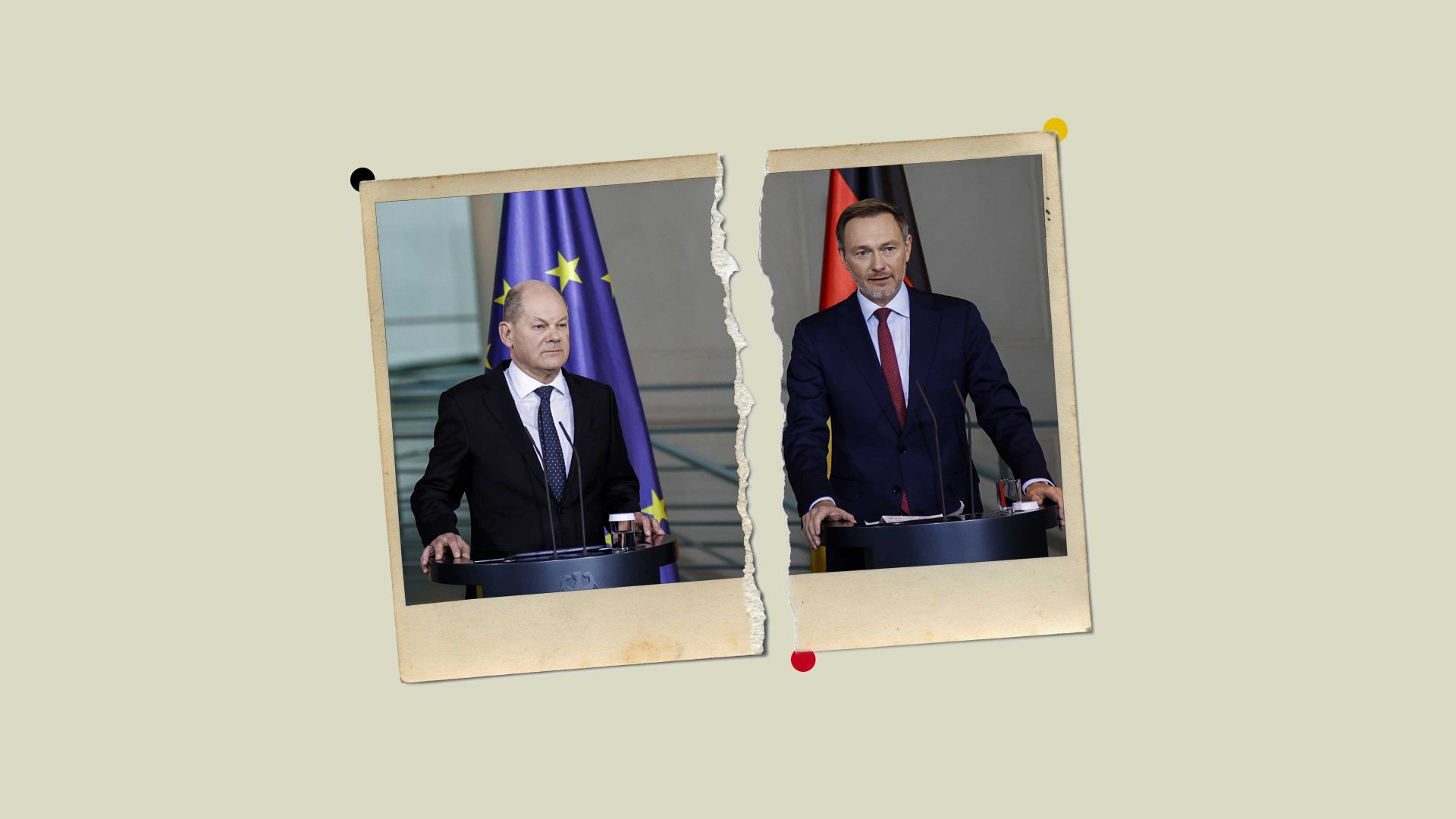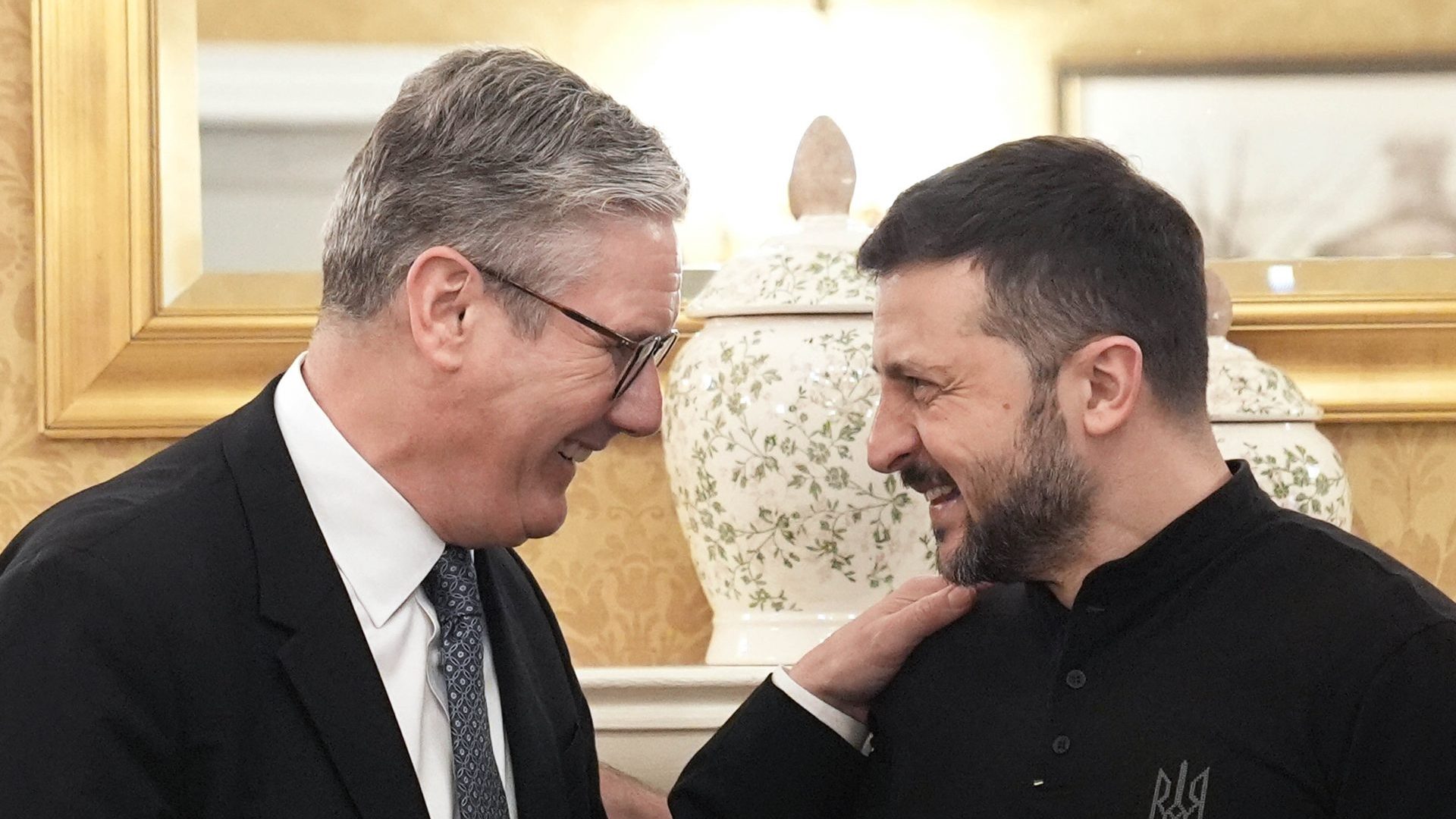For Germany’s two most prominent social democrats, things aren’t exactly going to plan.
Soon-to-be-former Bundeskanzler Olaf Scholz has bowed to growing pressure and moved a vote of confidence in his now-fractured coalition to before Christmas. It means that a general election should take place on February 23.
Scholz had originally announced he would hold the (no) confidence vote on January 15, which would have paved the way to elections in late March. Even his remaining coalition partners, the Greens, wanted a quicker timetable than that.
There was pushback against an early date from Ruth Brand, Germany’s federal returning officer, who is in charge of running elections. She warned of “incalculable risks” in a January or February poll, saying polling stations would come under severe strain and election officials could be inadequately trained. Most surprisingly, she even claimed there might not be enough paper.
The fourth-largest global economy, self-styled champion of efficiency, logistics and organisation – unable to hold elections within ten weeks? Had it really come to this? Not quite.
The Association of Towns and Municipalities as well as the German Paper Industry Federation insisted that they stand ready. Poland jumped in to lend a neighbourly hand, offering to send paper supplies across the border, just in case.
On live TV, Scholz backpedalled. And now it looks like we won’t have to live with a majority-free government for longer than necessary. Wish us luck.
Speaking of luck: With all eyes on Scholz, another SPD member didn’t get half the attention his lack of decorum would normally deserve. That person is none other than federal president Frank-Walter Steinmeier, who allegedly threw a tantrum at a reception in Schloss Bellevue, his Berlin residence.
Here’s what happened: German author Marko Martin, one of the speakers at the commemoration of the 35th anniversary of the fall of the Berlin Wall, dared to give a critical speech.
Born in Saxony in 1970, Martin wasn’t allowed to enrol at university under the socialist regime and left the GDR in May 1989. In May 2022, he was one of the few German intellectuals to sign an open letter to chancellor Scholz, calling for military support for Ukraine.
At Saturday’s event, Martin didn’t hold back. He criticised East Germans, West Germans and the host himself, Steinmeier.
During the peaceful revolution, Martin recalled, “millions of GDR citizens did not (((ITALIC))) take to the streets at the time, but waited behind their living room curtains.” He didn’t want to judge, he said, but felt “a fact check that explains some persistent mentalities” was called for.
West Germans, on the other hand, had never fully accepted that “the first stone to be struck from the Berlin Wall was struck at the Lenin Shipyard in Gdańsk.” Martin quoted SPD legend Egon Bahr, who once called the Polish trade union Solidarnosc a “threat to world peace” and poet Peter Rühmkorf, who in the 1980s had asked who had the courage to impose work and discipline on the Poles on strike.
Finally, Martin respectfully addressed Steinmeier, who as foreign minister in 2016, two years after Russia’s annexation of Crimea, had labelled Nato manoeuvres in Northern Poland as “loud sabre-rattling and howls of war.” Martin also took aim at the SPD’s current general secretary, Matthias Miersch, who is working to rehabilitate Putin-buddy Gerhard Schröder.
And he reminded everyone how Steinmeier, the SPD and CDU alike had supported the Nord Stream 2 pipeline project – which “enforced Putin’s belief that the Germans, despite their world champion status in moralising, wouldn’t let a good deal slip through their fingers.”
All in all, Martin’s speech held a mirror up to German bigotries and self-deceptions in the last decades, our arrogance towards Eastern Europe’s perceptiveness regarding Russian aggression, and the widespread “stop annoying us with your war”-sentiment towards Ukraine.
Steinmeier had been sitting in the front row. He didn’t applaud. And later, at the reception, he wanted a word…
According to Martin, as he told the website t-online, “he stormed towards me in a rage, he pretty much lost his temper. He accused me of defaming him.” Other guests had to calm him down.
The president’s spokeswoman later claimed that Steinmeier had only “discussed his speech controversially but objectively”, but Martin stands by his version of events.
When asked why he decided to give such a speech in the first place, he said: “After 35 years, it’s time to subvert the usual commemorative routine.” I hope we’ll hear more of him at future events – although probably not at the Bellevue. Unlike Scholz, Steinmeier will remain in office until 2027.




